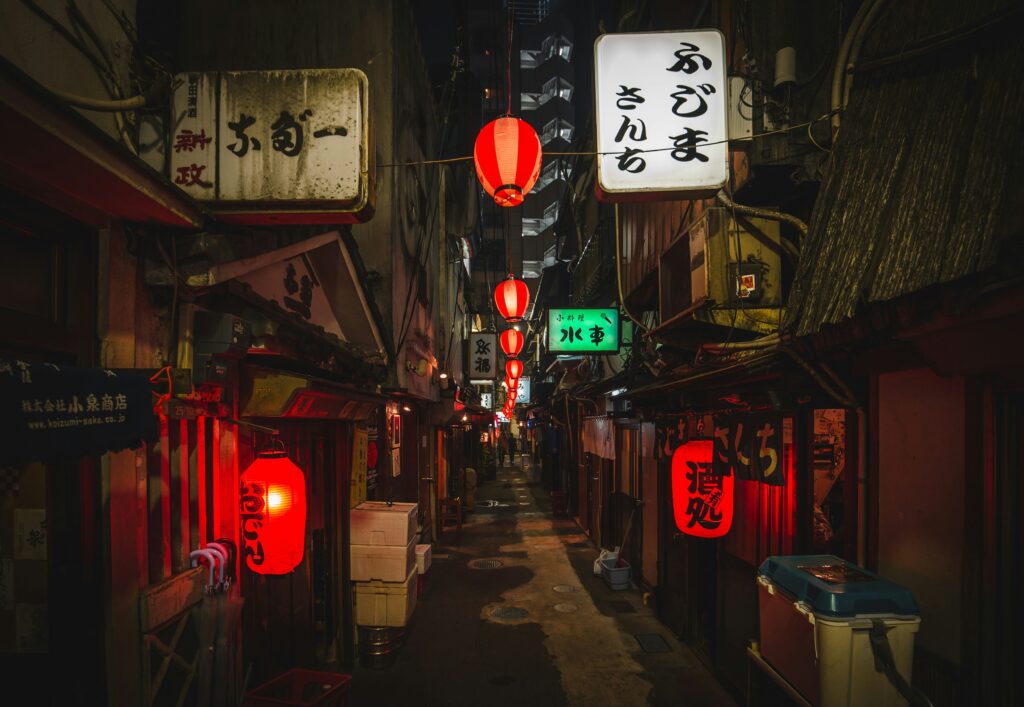When you first arrive in Japan, everything feels like a scene from a movie — neon lights reflecting on quiet streets, trains arriving with perfect precision, and people moving in harmony as if guided by an invisible rhythm. But beneath this beauty lies something travelers often miss: a set of unspoken cultural rules.
These aren’t written on signs or printed in guidebooks, yet they shape the everyday flow of life in Japan.
To truly enjoy your journey — and to avoid standing out for the wrong reasons — it’s worth learning these subtle rules of respect.
I’m Japanese, so I’ll explain.
Surprisingly, these haven’t been covered much elsewhere, but I focused on writing about issues that have become social problems.
【2025最新】ノージョブフドウが本気で推す!海外旅行必須グッズ10選 – いい話ブログ by Himajin
Please also read this.
- 1. Don’t Dance in Public Spaces
- 2. Don’t Photograph People Without Permission
- 3. Avoid Blocking Roads or Gathering in Large Groups
- 4. Respect Religious and Sacred Spaces
- 5. Keep Noise Levels Low
- 6. Queueing is Sacred
- 7. Be Conscious of Trash and Recycling
- 8.Japan Can Be Strict Toward Those Who Break the Rules
- Final Thoughts: Blending In With Harmony
1. Don’t Dance in Public Spaces
Unlike in some countries where dancing in parks or public squares is seen as joyful self-expression, Japan tends to value moderation in shared spaces.
Public dancing (unless it’s part of an organized event or festival) can be seen as disruptive or drawing unnecessary attention.
If you feel the urge to dance, save it for karaoke night or a dance club.
2. Don’t Photograph People Without Permission
Japan values privacy highly, even in crowded cities.
Tourists may be tempted to snap photos of strangers in kimono, street performers, or even everyday commuters, but taking someone’s picture without permission is considered rude.
Always ask politely before taking photos, especially of individuals, children, or inside traditional neighborhoods.
3. Avoid Blocking Roads or Gathering in Large Groups
In narrow Japanese streets or busy train stations, standing around in large groups can cause major inconvenience.
Unlike some countries where socializing on sidewalks is common, in Japan it’s seen as inconsiderate. If you need to check your map or wait for friends, move to the side and avoid obstructing the flow of people.
4. Respect Religious and Sacred Spaces
Shrines and temples are not just tourist attractions; they are active religious sites. This means:
- Don’t speak loudly or laugh excessively.
- Avoid climbing on sacred structures or gates (torii).
- Refrain from eating and drinking within the shrine or temple grounds.
- Dress modestly when entering religious spaces.
Visitors are welcome to observe and even participate in rituals (such as cleansing hands at a shrine’s water basin), but respect should always come first.
Japanese people claim to be non-religious, yet they unconsciously adhere to Shinto and Buddhism, and Japan is a country with quite strict rules regarding religious facilities.
Please maintain the same level of tension as when visiting a mosque as a tourist.
5. Keep Noise Levels Low
Japan places a high value on keeping public areas peaceful. On trains, buses, and even in cafes, loud conversations or phone calls are frowned upon. Many Japanese commuters even put their phones on “manner mode” (silent). If you need to take a call, step outside.
6. Queueing is Sacred
Whether waiting for trains, escalators, or food stalls, Japanese people form neat lines without fuss. Cutting in line is one of the fastest ways to irritate locals. When in doubt, look for the line markings on the ground and follow suit.
7. Be Conscious of Trash and Recycling
Trash cans can be surprisingly hard to find in Japan. That’s because people are expected to carry their garbage home or to their hotel. Littering is a big no. Keep a small bag with you for trash, and separate recyclables whenever bins are available.
8.Japan Can Be Strict Toward Those Who Break the Rules
One of the things that surprises many travelers is how tolerant and kind Japanese people can seem on the surface — polite greetings, bowing, patient service. But make no mistake: Japan can be surprisingly strict toward those who break social rules.
Cutting in line, speaking loudly on trains, ignoring smoking areas, or even jaywalking — all of these may earn you disapproving stares, subtle avoidance, or even direct confrontation in certain cases. Unlike in some countries where rules feel optional, in Japan, rules are seen as the foundation of harmony. When someone disrupts that, it’s not just considered rude — it feels like an attack on the social order itself.
This doesn’t mean you’ll be thrown into trouble for a small mistake, but the social pressure is strong. You might feel the silent weight of dozens of eyes reminding you: this is not how things are done here.
For travelers, understanding this dynamic is crucial. Respecting the rules not only helps you blend in — it opens the door to genuine warmth and hospitality from the people around you.
Final Thoughts: Blending In With Harmony
Traveling in Japan is about more than sightseeing — it’s about tuning into a culture that values respect, order, and harmony. By following these unspoken rules, you’ll not only avoid awkward moments, but also deepen your experience of what makes Japan unique.
After all, being a good traveler isn’t just about seeing new places; it’s about showing respect to the people who live there every day.





